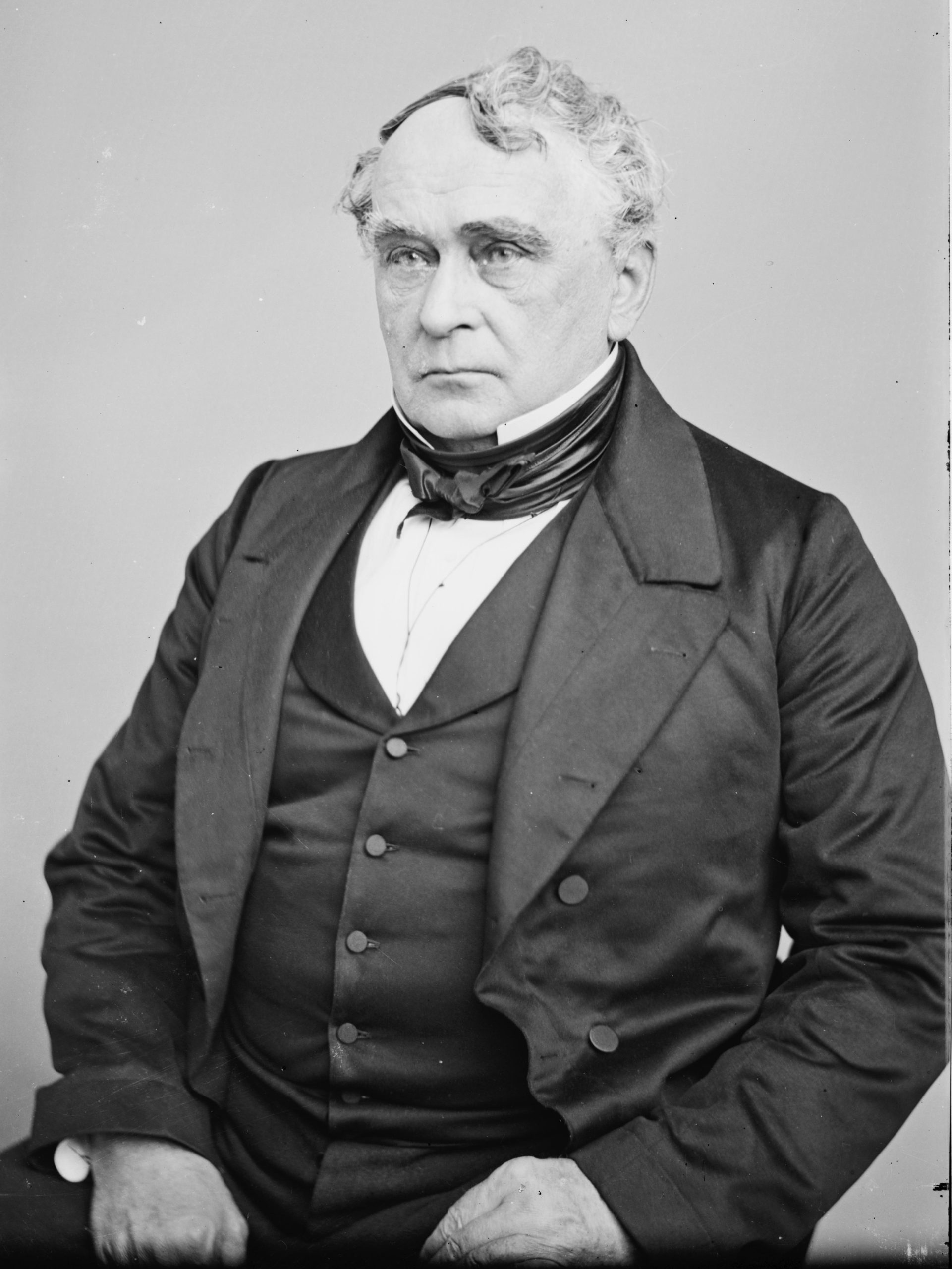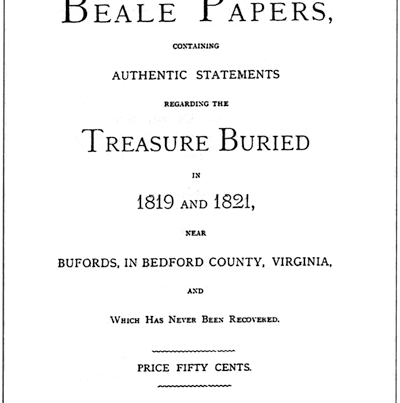
The opening of this essay is from my segment of the documentary Searching for Lincoln under the heading: Lincoln and Total War. Herein I mentioned the claim that the “Lieber Code” of war – General Order 100 – was somehow unique illustrating that the concerns of Lincoln, his Administration and his military was the humane waging of war:
Despite growing ill-feeling between the sections which only deepened as the 19th century progressed, the United States still taught the principles of civilized and just war as codified by Hugo Grotius and Emmerich deVattel. Even Lincoln’s lead general through much of the war Henry Halleck had written General Order 12 in which he declared that assaults on civilians were: “coming into general disuse among the most civilized nations.” Apparently, Halleck forgot his own code in the war he and others waged against the South.
But what about Lincoln’s noble code of war, General Order 100—also known as the Lieber Code—which is the subject of a new book by John Fabian Witt entitled Lincoln’s Code: The Laws of War. According to the critiques of the book:
“Witt tells the hidden story of the laws of war in the first century of the United States–and of the extraordinary code that emerged from it to change the course of world history. Lincoln’s Code is the haunting and inspiring story of an idea in American history: the idea that conduct in war can be regulated by law.”
I don’t have the book, but I can tell you that if such is Mr. Witt’s conclusion, he is either a liar or deluded. Lieber’s Code has in its 157 articles, exceptions frequently nullifying the very rules it promulgates. Indeed, Confederate Secretary of War James Seddon denounced its duplicity, stating that
“…a commander under this code may pursue a line of conduct in accordance with principles of justice, faith, and honor, or he may justify conduct correspondent with the barbarous hordes who overran the Roman Empire….”
But for all of its pretense of civilized conflict the code openly endorsed the concept of “hard war.” According to Lieber, war is defined as a struggle not limited to armies and navies. Think back to General Halleck’s observation that assaults on non-combatants were “coming into general disuse among the most civilized nations.” Are we then to assume that Professor’s Lieber’s code was written for a nation that was not “civilized?” Apparently so, for in Article 21, Lieber states: “The citizen … of a hostile country is thus an enemy…and as such is subjected to the hardships of war.” And in Article 29, he further states, “The more vigorously wars are pursued, the better it is for humanity.” One has to wonder how Lieber defined both “better” and “humanity.” Finally, the good Professor concludes, “The ultimate object of all modern war is a renewed state of peace.” Well, it is a fact that there is nothing more peaceful than the grave.
As with Lincoln and the Constitution, in Lieber’s code, necessity always trumped both legality and humanity. Sherman and Sheridan would never have undertaken their atrocities had they followed any of the codes of war they had been taught at the Point under Halleck. Indeed, on August 4, 1863, Sherman wrote to Grant at Vicksburg,
“The amount of burning, stealing and plundering done by our army makes me ashamed of it. I would rather quit the service if I could, because I fear that we are drifting to the worst sort of vandalism …You and I and every commander must go through the war, justly charged with crimes at which we blush.”
However, in a later response to a Southerner who called him a barbarian, Sherman said that he, as a commander:
“…may take your house, your fields, your everything, and turn you out helpless to starve. It may be wrong, but that don’t alter the case.”
Author Otto Eisenschiml, writing less than 20 years after the Nuremberg war crimes trials, asserted that Sherman should have been hanged just as the Nazi war criminals had been hanged! Instead, he was lauded, honored and promoted by a grateful government.
Even as Sherman and Sheridan were destroying civilian life and property, sixteen European nations met in Geneva to codify the laws of war in the First Geneva Convention. Three such conventions were held, the last in 1949. It is said by today’s historians that Lieber was the model followed, but there already were codes from men like Grotius and deVattel, codes that were taught at West Point before the War and which protected non-combatants. Such were the guidelines of Geneva. But it didn’t matter in America. Grotius, deVattel and even Lieber were ignored by Lincoln and his armies. Indeed, distinguished military historian B. H. Liddell observed that the code of civilized warfare which had ruled Europe for over two hundred years was first broken by Lincoln’s policy of directing the destruction of civilian life in the South. On this matter, Liddell wrote
“This policy was in many ways the prototype of modern total war.”
Neither was Lincoln ignorant of his armies’ atrocities. In his memoirs Sherman wrote that at a meeting with Lincoln after his March, the President was eager to hear the stories of how thousands of Southern civilians, mostly women, children, old men and slaves, were plundered, tortured, raped, murdered and rendered homeless. According to Sherman, the President laughed almost uncontrollably at these narratives. Sherman’s biographer Lee Kennett, concluded that had the Confederates won the war, they would have been:
“justified in stringing up President Lincoln and the entire Union high command for violations of the laws of war, specifically for waging war against noncombatants.”
Contrast this strategy with Robert E. Lee’s General Order 73 issued during his campaign into Pennsylvania.
“The commanding general considers that no greater disgrace could befall the army, and through it our whole people, than the perpetration of the barbarous outrages upon the unarmed, and defenceless and the wanton destruction of private property that have marked the course of the enemy in our own country. Such proceedings not only degrade the perpetrators and all connected with them, but are subversive of the discipline and efficiency of the army, and destructive of the ends of our present movement.
It must be remembered that we make war only upon armed men, and that we cannot take vengeance for the wrongs our people have suffered without lowering ourselves in the eyes of all whose abhorrence has been excited by the atrocities of our enemies, and offending against Him to whom vengeance belongeth, without whose favor and support our efforts must all prove in vain.
The commanding general therefore earnestly exhorts the troops to abstain with most scrupulous care from unnecessary or wanton injury to private property, and he enjoins upon all officers to arrest and bring to summary punishment all who shall in any way offend against the orders on this subject.”
Now, a point must be made here. Lee is acting according to the God of Scripture to whom he refers as “…Him to whom vengeance belongeth…” Grant and the federal commanders—along with Lincoln—were obeying the will of their god, the almighty national government. As the war developed, this religious dichotomy redounded badly to the Confederacy—at least with regard to ultimate victory. In England, Confederate agent and procurer of warships, James Bulloch had built such ships as could bombard Northern cities from the sea—but their use was rejected by the Confederate government as uncivilized and barbaric. All this while their own people were undergoing atrocities reminiscent of the worst of the Vikings and the Mongols.
The simple fact is this: while the North sought to occupy the land and obliterate the culture and will of the people of the South, the South—whose military commanders were steeped in military tradition based on Christianity, humanitarianism and Western civilization—did not seek to foist its cultural and social values on the North, neither did they wish to rule it. They sought only to leave it. When all was lost and Gen. E. Porter Alexander recommended that the Confederate armies take to the hills and wage guerrilla warfare against their wicked conquerors, Lee opposed the idea. Author Jay Winik in his book “April 1865” wrote of Lee:
“Lee was principled to the bitter end…thinking not about personal glory, but…What is honorable? What is proper? What is right?…he quickly reasoned that a guerrilla war would make a wasteland of all he loved…even if it worked, and perhaps especially if it worked…For Lee that was too high a price to pay. No matter how much he loved the Cause…there were limits to Southern independence.”
However, there were no limits recognized by Lincoln and his forces as to what could and should be committed and sacrificed to the mythical concept of a “perpetual sacred Union.”
Contrast Lee’s view with that of Sherman and Sheridan; compare Lee’s concern for his troops with Grant whose callous use of his men as cannon fodder earned him the title “Butcher” in pro-Union newspapers when he lost 50,000 men in the Wilderness campaign — a staggering number when one considers that the same Army lost twice that in all the previous three years of the war. Yet, Lincoln rejected Meade and McClellan for their caution, not wishing to sacrifice their men needlessly while he loved Grant because he attacked and attacked and attacked no matter what the cost to his own soldiers.
The treatment of both civilians and Southern cities were reminiscent of ancient wars long before men such as Grotius, deVattel and even Lieber wrote their codes. The US army expelled civilians from their homes in retaliation for their forces being fired upon. They burned cities and left them in ruins. They executed civilians in retaliation for attacks of which they knew the civilians involved to be innocent—expressly forbidden by Lieber Code paragraph 44 and Paragraph 148 which forbids the proclamation of infamy on civilians, declaring that:
“The sternest retaliation should follow the murder committed in consequence of such proclamation made by whatever authority.”
Gen. Eleazer A. Paine committed such murders and was reputed to have hanged so many uniformed Confederate prisoners that he was nicknamed “the Hanging General.” Yet, Paine was never brought to book for his crimes.
During his masterpiece of atrocity, the infamous March to the Sea, Sherman wrote to Halleck in 1863, a masterpiece of the rationale of Total War:
“If we can, our numerical majority has both the natural and constitutional right to govern. If we cannot whip them, they contend for the natural right to select their own government.”
In effect, Sherman speaks here of might giving the Union the right to force Southerners to accept a government—or more precisely, a god—they had rejected. But the right to select one’s government was exactly what the Declaration of Independence—and all that followed—was all about! However, to ensure that the South would be prevented from exercising this right of free men for which both North and South fought in the Revolutionary War, Sherman would, in his own words:
“…remove and destroy every obstacle…take every life, every acre of land, every particle of property, everything that to us seems proper.” (Official Records Series 1, Vo. 30 part 3).
The Lincoln myth of a gentle and compassionate man who, in his own words, “…had no desire to take bloody vengeance” on the people of the South or to kill or subjugate them or confiscate their property or to deprive them of their legal and constitutional rights is both absurd and a lie. It is destroyed by the reality of his fanatic desire to subjugate the South and destroy its concept of a Union under the rules of the Constitution. After issuing the Emancipation Proclamation, Lincoln stated,
“…the character of the war will be changed. It will be one of subjugation…the South is to be destroyed and replaced by new propositions and ideas.”
Lincoln’s policies turned the war into the very thing he had once warned against:
“…a remorseless revolutionary struggle”
in which not only the Old South was eradicated, but the concept of a Federal Union as laid down by the Constitution was also destroyed. Sherman’s brutality served both Lincoln’s political needs and his statist philosophy in the election of 1864, but even then, he required considerable fraud and threats to prevail albeit there were many who supported him on the ruins of Southern cities and the corpses of Southern women and children while exhausted Southern armies continued to inflict military defeat on Grant’s vastly superior numbers during the Wilderness campaign.
More About Lieber
Francis Lieber was one of the German Marxists who came to the US in the late 1840s [the so-called “48ers” whose Marxist revolutions had failed]. After fleeing to the United States from Prussia, Lieber obtained a position at Columbia University, in New York, as a lecturer and professor. It is interesting to note that the Communist Frankfurt School that left Germany after WWI with the failure of a Marxist coup, came to New York and also became affiliated with Columbia University as well, so it would seem that Columbia was a hotbed of Marxism well before WWI.
As one of Lincoln’s Marxists, Lieber was very eager to see the US fall into the insanity that is Marxism/communism. Yet, as an intelligent man, he did provide very truthful facts and and advice while searching for a way to hang Confederate leaders after the war. In the Spring of 1866, a congressional committee was formed to bring the charge of “treason” against Confederate President Jefferson Davis and other Confederate leaders. And who led this committee? Yes, “Professor” Lieber and other Lincoln Marxists! Of course, Marxism is diametric to the form of self-government set up by America’s Founders so it made perfect sense to put a Marxist in charge of a committee to find “treason” in the South’s resistance to Lincoln’s new “empire.” After pouring over some 270,000 Confederate documents seized after the war, Lieber reported his conclusion to the committee and General Halleck:
“The trial of Jeff Davis will be a terrible thing. Volumes—a library—of the most infernal treason will be brought to light*. Davis will be found not guilty, and we shall stand there completely beaten.” [*Obviously the “infernal treason” thus revealed would not result from Southern records, but those records of Lincoln’s government.]
It must be remembered that President Davis desperately wanted a trial but just as desperately Chase, Stanton, Stevens, and the other members of this merry band of treasonous murderers did not! Hence, Davis was released and the matter conveniently “forgotten.”






early germans inflicted a lot of damage on original united states. and after that with help regular old yankees created a propaganda machine second to none…while suppressing or poo-pooing (oh…the person who wrote that was a poo-poo) vast amounts of history in the learning (wake county public schools) institutions. i guess when a party calls itself a know-nothing it means they are hiding everything.
What you wrote is completely correct. The Lieber Code should be seen as a codification of total war. All armed forces today under stand there is no barrier between combatants and civilians. Enemy civilians are a species of enemy. The strategic bombardment of metropolitan areas in WW2 were not air raids but regularly organized campaigns aimed at general destruction of the urban and industrial fabric of important cities and industrial zones One clear goal of such operations was to kill as factory workers and urban dwellers and their families as possible. The classic of such campaigns was designated as the Battle of Berlin. Fought from 23 Aug 1943 to 24 March 1944 Bomber Command launched 19 major raids, 10,000 aircraft dropped in excess of 30,000 tons of bombs. The campaign was to wreck Berlin ,,from ‘end to end’, in the words of the obnoxious British Air Marshall Harris. This would achieve the Holy Grail of strategic air power fanatics, Germany will to resist would collapse. It didn’t of course, but a great deal of general destruction was accomplished. M
The Confederate government would have been employed in preparing a real program of popular resistance against thieving, plundering, raping Yankee forces rather than being highly indignant over Yankee Shreklekiet and publishing a lot pompous screaming about such actions. Rather than high-minded bloviation the CSA needed dozens of semi guerilla foci who could if nothing else kill or main as many Yankee soldiers as possible.
Total war was mostly inevitable based on material and socialogical trends. The Confederates adhered to an more limited neoclassical style of warfare. The Confederates lost, the Yankees won. In war the winner is always right, they write the history books
Lieber came to America in 1827, not the 1840’s. He may have been born in Germany, but he was Jewish, not German. I’m not sure whether or not he was a Marxist, I’d love to know the source for that claim as Jews from central and eastern Europe were the most influential communists, and many of them ended up in America, so I wouldn’t be shocked if he was.
I cannot find the information in Sherman’s memoirs you speak about. Can you provide the page number so that I may use it and cite it?